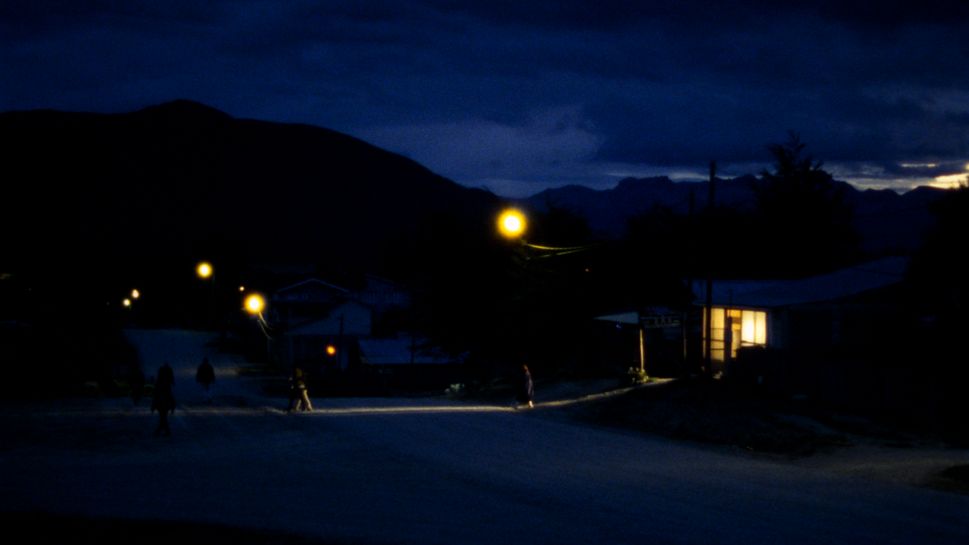
‘Olivia’ Locarno Review: A Dreamlike Journey Through Patagonia’s Liminal Spaces
In Sofía Petersen’s evocative debut, a young woman searches for her father who disappears in the mountains of Patagonia. Starring Agustina Sconochini.
Mysterious and evocative, Olivia is a distinctly original and personal Argentine film, the kind that reveals a filmmaker with a singular creative world. Complex and ever-shifting, it can be viewed linearly as the story of a woman’s search for her father, but it also seems intent on conveying an atmosphere—a set of sensations—rooted in a specific place: Argentina’s Patagonia, inhabited by curious characters and prone to the unexpected.
The protagonist is Olivia (Agustina Sconochini), a young woman living in a small, solitary alpine-style house in the mountains. She spends her days with her father, who works at a local slaughterhouse. She speaks little, exhibits childlike (or simply odd) behaviors, and knows little beyond her home and its surroundings. But just as the film seems settled into this rhythm, everything changes: her father disappears without explanation, and the inexperienced Olivia sets out to find him—almost as if stepping into a strange fairy tale.

Her journey unfolds over two hours—perhaps longer than necessary—but despite the excess, Petersen infuses the film with a magical, eccentric quality, sometimes absurd or even Lynchian. One standout scene takes place on a bus, when Olivia and other slaughterhouse workers break into recitation and song. Another, near the end, might be the film’s best: Olivia dances alone in a bar to Luis Alberto Spinetta’s Alma de diamante, expressing more with her body than she ever does with words.
Though filmed between Tolhuin and Río Grande in Tierra del Fuego, Olivia is not a realistic portrait of the region. Rather, it’s a poetic introduction to the area, seen through Olivia’s wanderings as she searches for her father. These passages evoke a timeless, shapeless landscape—almost fantastical—punctuated by tangible moments: slaughterhouse scenes (some rather graphic), encounters with workers leaving the factory, and other people who drift into Olivia’s life.
Shot on 16mm Kodak Ektachrome, this internationally backed production—supported by the Elías Querejeta Zine Eskola—is a subtle, mutable work, unsettling yet at times repetitive. Premiering in Locarno’s Filmmakers of the Present competition, Olivia showcases a rare imagination and unconventional ideas—some closer to video art, others inspired by experimental theater, others purely cinematic—marking the arrival of an Argentine director who is sure to spark conversation in the years ahead.



